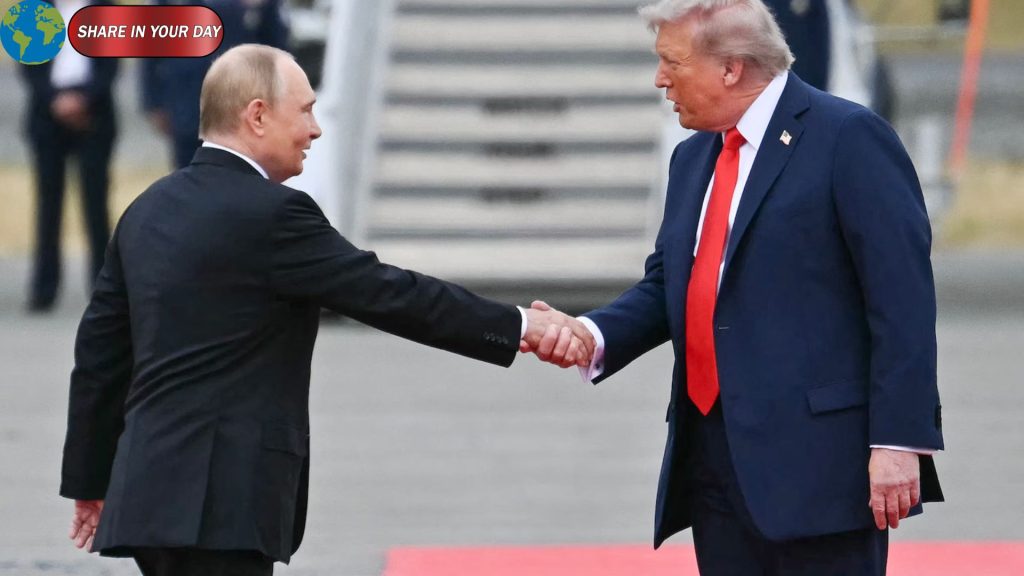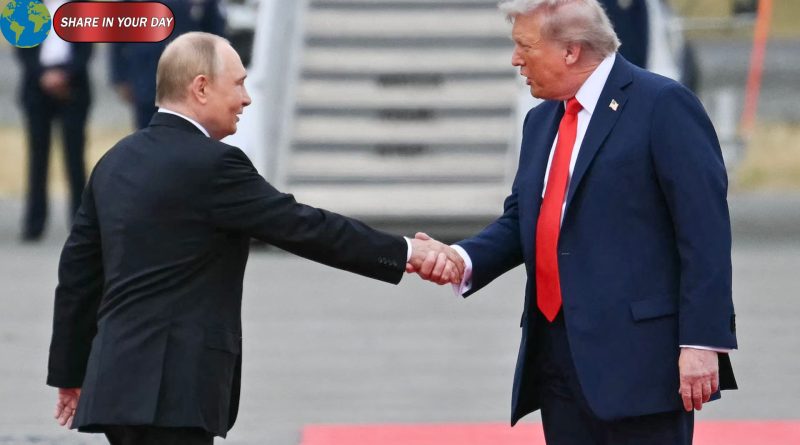In a striking turn of events, a recent telephone conversation between Vladimir Putin and Donald Trump appears to have tilted U.S. policy on the war in Ukraine. Prior to the call, Trump was poised to provide Ukraine with long-range cruise missiles. Afterwards, he not only paused that plan, but announced a high-profile summit with Russia instead. The Washington Post
The Lead-Up: Weapons for Ukraine on the Table
Until the call, Trump seemed ready to enhance Ukraine’s arsenal, including possible deployment of Tomahawk cruise missile systems. The proposed boost in weaponry was meant to strengthen Ukraine’s negotiating position and deter further Russian aggression.
The Call That Changed Things
Just ahead of Trump’s meeting with Ukrainian President Volodymyr Zelensky, Putin called and shifted the narrative. Within hours, Trump downplayed plans for cruise missiles and instead emphasized hopes for a peace summit with Russia.
During the call, Putin reportedly told Trump that supplying Tomahawks would harm U.S.–Russia relations and derail peace prospects — arguments Trump seemed to adopt.
What It Signifies: Russia’s Diplomatic Playbook
This isn’t the first time Putin has influenced Trump’s position. According to the reporting, Moscow has repeatedly used a mix of flattery, delay tactics, and high-stakes negotiation optics to sway U.S. decision-making.
By pressing Trump to focus on a summit rather than weapon transfers or sanctions, Russia may be seeking to:
- Reduce Western military support for Ukraine, thereby lowering Ukraine’s bargaining leverage.
- Delay decisive action, giving Russia time to consolidate gains or wait for better positioning.
- Re-frame the conflict as a diplomatic issue above hard military support, which could lower the pressure on Moscow.
- Appeal to Trump’s posture, presenting him as a deal-maker and peacemaker — reinforcing his domestic political brand.
U.S. & Ukrainian Response: Concern and Uncertainty
European and Ukrainian officials warn that Putin’s peace overtures may be tactics rather than sincere offers. They note that fighting continues at high levels and Russia has given little indication it is ready to drop its maximalist demands.
Trump, for his part, made public comments after the call suggesting he believed Putin wants to end the war — despite scant evidence of a ready settlement.
What’s Next: The Summit and the Stakes
Trump announced a forthcoming summit with Putin, to be held in Budapest, and floated the notion of resolving the war without further major weapons transfers.
The key questions now are:
- Will the summit yield a genuine framework for peace — or simply serve Russian interests in buying time?
- Will U.S. policy ultimately revert to delivering advanced weapons and tightening sanctions — or will it remain constrained by this shift?
- How will Ukraine respond if promised support wanes at a critical moment in the war?
- What will be the impact on NATO, European unity, and deterrence if the U.S. signal to Ukraine weakens?
Conclusion
The phone call between Putin and Trump marks a significant moment in the Russia-Ukraine war and in U.S. foreign policy. It demonstrates how interpersonal diplomacy and messaging tactics can ripple into major strategic outcomes. If Trump’s pivot holds, it may reshape the trajectory of the war and underscore Russia’s ability to influence U.S. policy at key junctures





